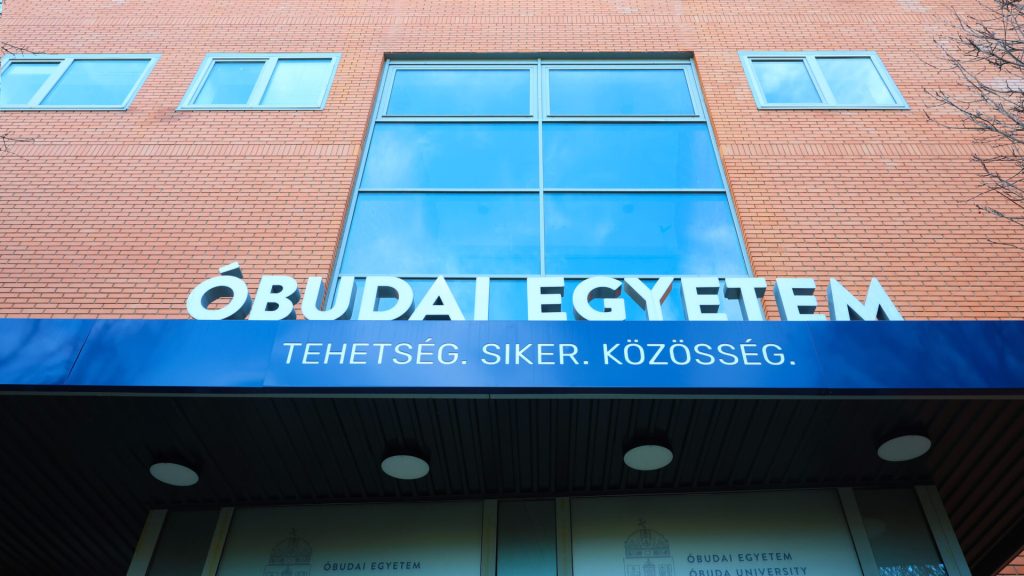Óbuda University has Muslim members within its diverse international community. For them, the University Library’s branch on Népszínház Street offers the opportunity to practice their religion. The university strives for foreign students to understand and accept each other’s cultural and religious customs.
Several Muslim students attend Óbuda University. Often, those practicing their religion do not have the opportunity to perform their daily prayers in a suitable quiet environment during the day. In 2023, there was a demand to provide a quiet place for them. The University Library’s Népszínház Street branch provided this opportunity. Students brought prayer rugs and various language versions (Arabic, Turkish, English, German, French, Russian, and Hungarian) of the Quran, and they marked the direction of Mecca. This opportunity quickly spread among the students there. Currently, there are ten regular visitors to the room who perform their daily prayers here. During the opening hours of the Népszínház Street Library, this opportunity is available to any Muslim student of Óbuda University.
The opening hours are available on the University Library’s website: https://lib.uni-obuda.hu/tagkonyvtarak
Of course, students visit the library much more frequently for studying and other information acquisition purposes than before. Based on their feedback, prayer rooms are not a common practice at many universities, so they are pleased that Óbuda University provides this opportunity for them.
About Muslim Prayer
Muslims are followers of the Islamic religion. According to their belief, Allah is the creator and controller of the world. The central figure of their religion is the Prophet Muhammad, who founded Islam in the 7th century, as reported in their holy book, the Quran. One of the regularly recurring elements of Islamic religious practice is the five daily obligatory prayers.
Since the timing of prayers is based on the sun’s movement, it varies depending on the season and geographical location. Each prayer consists of the appropriate number of bowings, prostrations, and invocations to God.


